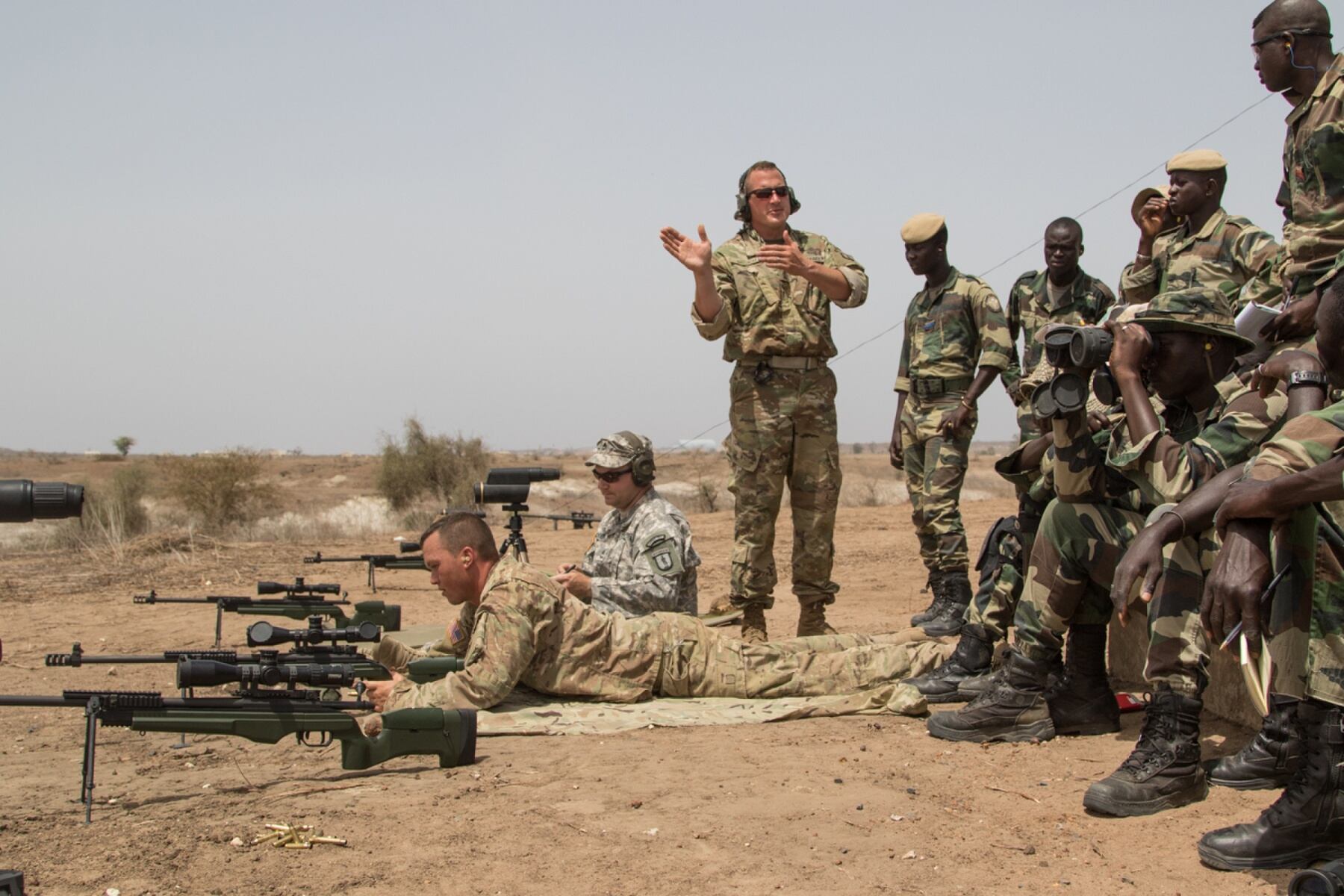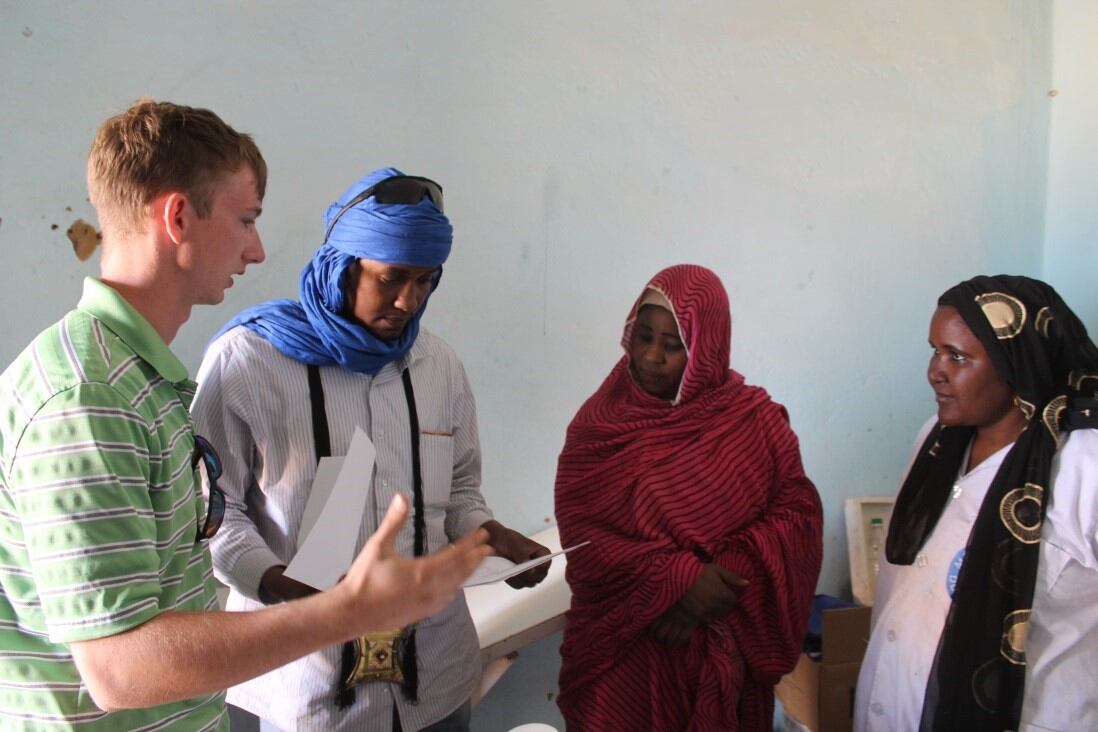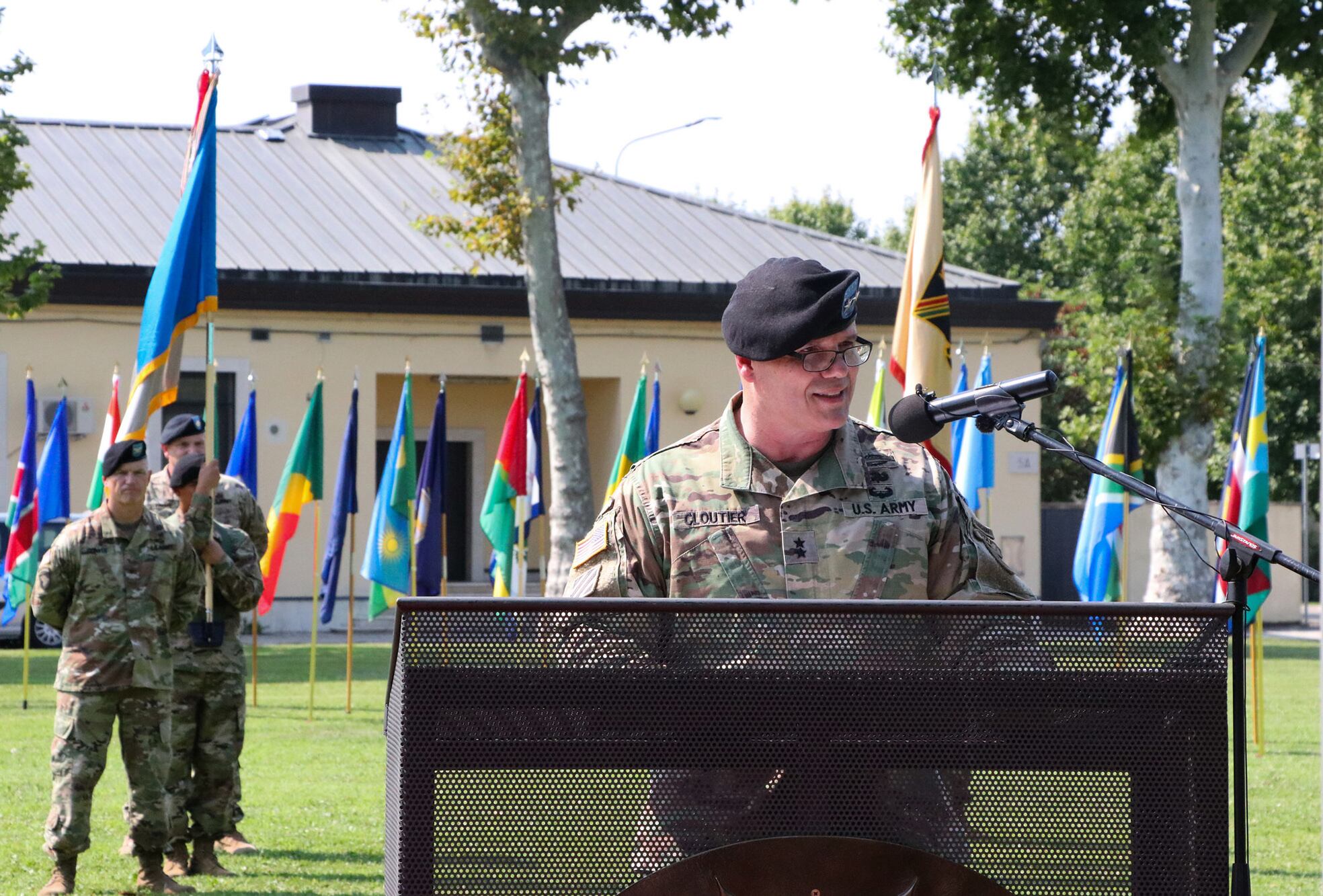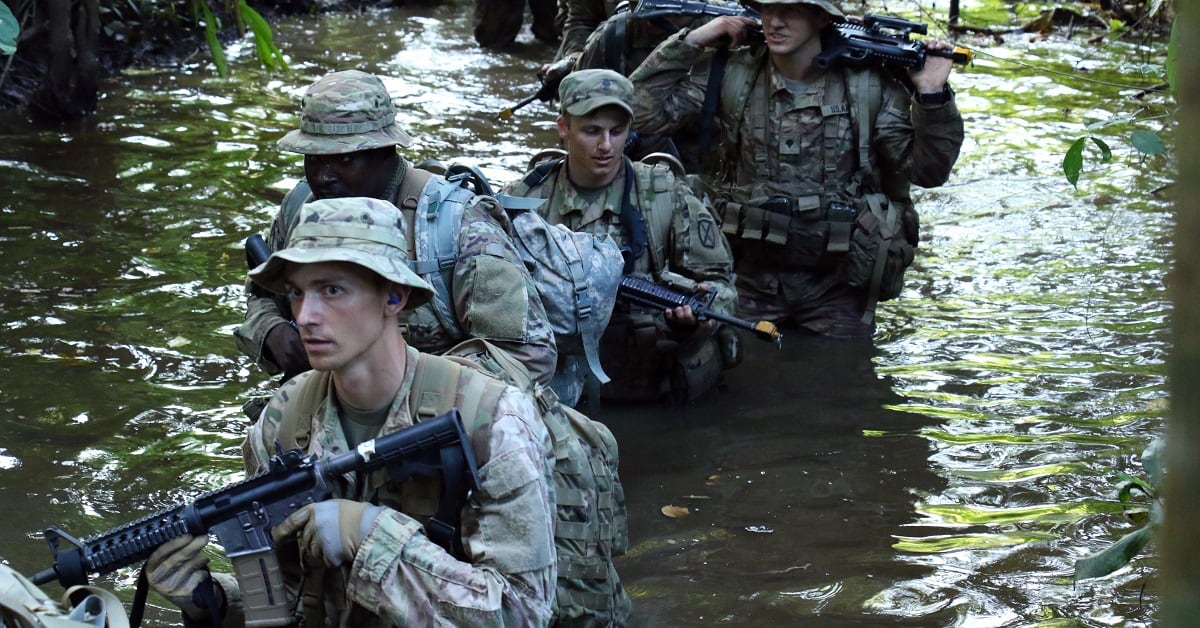Maj. Gen. Roger Cloutier Jr. assumed command of U.S. Army Africa in August.
Since then, he has been preparing the service component for U.S. Africa Command’s goals in the region, while still hitting on the Army’s larger priorities for readiness.
In an interview with Army Times, Cloutier previewed regional training exercises, an upcoming re-write of Army Africa’s campaign support plan, plans to better train African partner force non-commissioned officers and the lessons he brings to command after investigating the shortfalls surrounding last year’s deadly Niger ambush.
But one of his first priorities is readiness.
“We have the responsibility to serve as a Joint Task Force headquarters, and as part of that we have an early entry command post,” Cloutier said. “Part of that responsibility is ensuring our EECP is trained and ready to deploy, because if the [combatant commander] calls and asks us to deploy as a joint task force, we need to be ready to do that.”
For more coverage from the AUSA annual meeting, click here.
One way to tackle the readiness challenge may be to eventually allocate a Security Force Assistance Brigade, or SFAB, to the African continent.
The Army deployed its first SFAB — designed specifically to train, advise and enable foreign militaries and police forces — to Afghanistan earlier this year, with a second scheduled to deploy toward the end of 2018.

Sen. Jim Inhofe, chairman of the Senate Armed Services Committee’s Readiness subcommittee, floated the idea of assigning an SFAB to AFRICOM as well. Inhofe argued that such a move could free up the brigade combat team used now as Africa’s regionally assigned force to focus on maintaining readiness for possible combat operations.
AFRICOM commander Marine Gen. Thomas Waldhauser was receptive to that proposal.
“I support what Gen. Waldhauser said, and he said assigned forces would be useful,” Cloutier added. “We have a regionally assigned force right now — it’s transitioning to 2nd Brigade of the 101st [Airborne Division]. So, we have forces we can call upon. But in keeping with the Army’s focus on readiness, we have to balance the employment of the [regionally assigned force] in Africa against maintaining the [brigade combat team’s] readiness.”
AFRICOM also just rewrote its new campaign plan covering fiscal 2019 through 2023, and so Army Africa will have to adjust as well.
“We’re going through the process of writing a campaign support plan to make sure that we’re nested in with what AFRICOM wants to do,” Cloutier said.
The full details of that plan are classified, but AFRICOM told Army Times that it involves developing security in Somalia, containing instability in Libya and supporting partners in the Sahel and Lake Chad region. Additionally, AFRICOM will adjust its plan to “set the theater, by which we mean aligning forces, authorities, capabilities, footprints [and] agreements," an AFRICOM official said in an email.
Cloutier will make an addendum to Army Africa’s existing support plans to ensure his component aligns with AFRICOM’s larger agenda.
RELATED

As it stands, Army Africa soldiers already have a deeply rooted training pattern across the continent.
“We’ve done a lot of security cooperation in the Lake Chad region, and that area includes Nigeria, Niger, Chad and Cameroon. We’ve done some training in Somalia ... and south of that,” Cloutier said.
Most of Army Africa’s exercises are focused on regional threats, like terrorism, and try to bring in multiple regional partner nations, as well as allies like the British, the Italians and the Dutch. The training usually merges a command post exercise and a field training exercise, but sometimes include a medical readiness exercise, like during United Accord in Ghana this year.
The exercises generally focus on ongoing regional missions. For instance, Justified Accord in Uganda was a command post exercise designed to train allies for the ongoing African Union Mission to Somalia. And Shared Accord in Rwanda brought in 15 participating countries to train on peace keeping operations for the United Nations mission in the Central African Republic.
RELATED

Aside from training, Army Africa is always preparing for any contingency requiring troops to deploy from its headquarters in Vicenza, Italy, to the African continent.
“We’re watching closely the events in the Democratic Republic of the Congo with respect to the Ebola outbreak there," Cloutier said. "If we’re called upon to provide support, we want to make sure we’re ready.”
There are already roughly 2,000 Army Africa troops on the continent on any given day. Some of those troops help with NCO development courses for partner forces.
This topic will be discussed in more depth at the upcoming Association of the United States Army conference in Washington, D.C., this October. There, Cloutier plans to detail the NCO training mission, and where he wants to take it in the future.

One example of where the program is heading, though, can be found at the relatively new Malawi Defense Force Sergeants Major Course, located in Malawi, a landlocked country in southeastern Africa.
The course is modeled after the U.S. Army’s own NCO Leadership Center of Excellence at Fort Bliss, Texas. Since the Malawi course began in 2014, it has graduated more than 240 African sergeants major from 18 different African countries, according to a recent Army Africa press release.
As Cloutier takes the reigns of his new command, he’s also bringing lessons from his previous role as AFRICOM headquarters chief of staff. In that position, he served as the the investigating officer into the Oct. 4 ambush near Tongo Tongo, Niger, which resulted in the deaths of four U.S. soldiers.
Some changes coming to missions in Africa include more drone support and taking a harder look at when American forces are approved to conduct missions with locals, according to a press briefing on the Niger ambush investigation’s findings.
“We looked very hard at those processes and procedures as far as how they can be improved, and I take all of that context to [Army Africa] as the commander," Cloutier said. “We’re very focused on ensuring our soldiers operating on the continent are safe and secure.”
“I can’t say that there have been any conventional troops in contact recently,” Cloutier added. "We look at that very seriously though, and we’re making sure we cover all the lessons learned in Tongo Tongo.”
Kyle Rempfer was an editor and reporter who has covered combat operations, criminal cases, foreign military assistance and training accidents. Before entering journalism, Kyle served in U.S. Air Force Special Tactics and deployed in 2014 to Paktika Province, Afghanistan, and Baghdad, Iraq.





